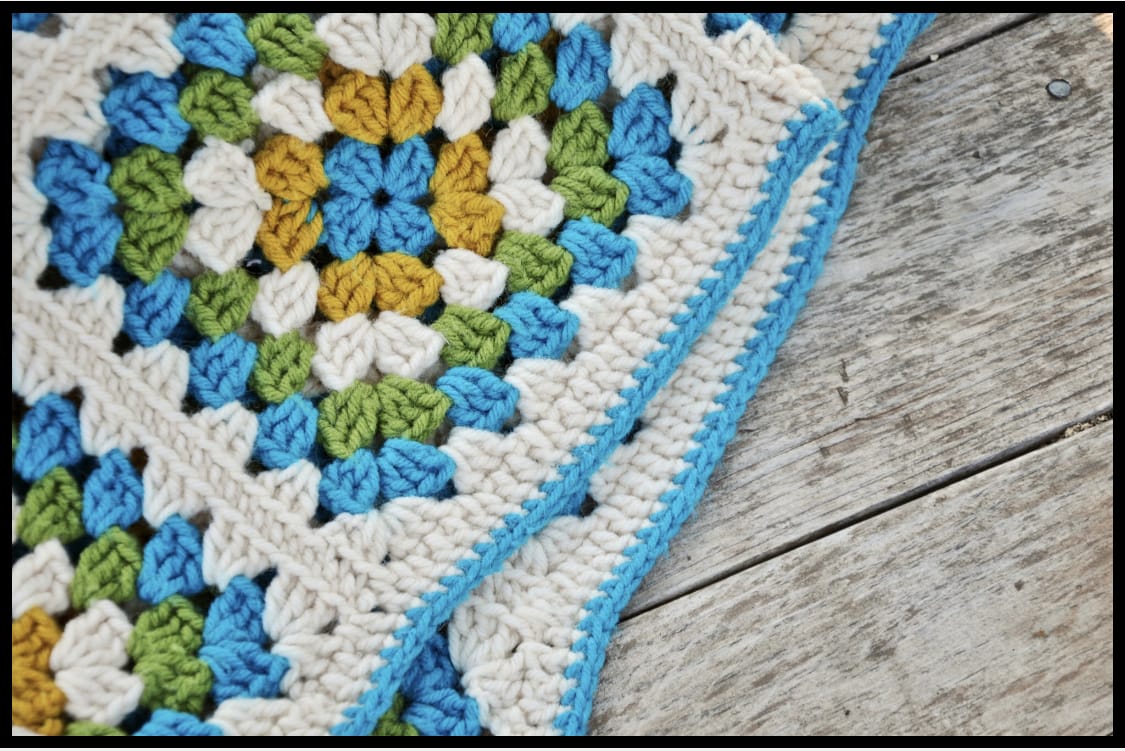I just wrote a post about the Sandwich Generation on Instagram. The Sandwich Generation is a term for a cohort of caregivers who are caring for young children, while simultaneously caring for their elderly parents. This group reports higher levels of extreme stress than other caregiver cohorts, highlighting the imperative need for self-care. The problem is that when you are caring for two separate groups of people, while also juggling the demands of daily life and career, you rarely find time for yourself and your own needs. Something has to go, and that something tends to be self-care.
But, as we all know, if you don’t keep yourself cared for, you won’t have the energy and fitness to care for others. It’s a catch-22, but there are ways of sneaking in that care here and there. And it all comes down to finding comfort.
When I think of comfort, the first thing that comes to mind is a cozy blanket and a warm beverage (a pumpkin spice latte sounds amazing right now). I think of wrapping myself up in a knit cocoon and insulating myself from all the stress of the world–even for just a little while. A few years ago, when I lived in the snowy north, I embraced the concept of hygge, and though it looks much different in South Florida, I still practice it today. Hygge is a Danish word that embodies the notion that you stop and notice the coziness of the present. It’s a way to find tiny moments of comfort and even celebration in the midst of a cold, bleak darkness.
I love adding the idea of hygge into a caregiver’s day. Hygge rituals are meant to be simple and created without much effort, which is perfect for someone with little time or energy on their hands. When I was caring for my mom during chemo, I carried a bag with comfort items for her and for me. We wrapped up in knitted blankets, sipped on hot tea, watched nonstop Food Network. We created comfort rituals, and these moments, even though she was very ill, are some of the most precious memories I have of my mom. Knowing that the future was uncertain, we made sure to savor the moment.
Savoring means to fully and mindfully experience the pleasantness of something. It could be closing your eyes and feeling the warmth and creaminess of butternut squash soup on your tongue, losing yourself in a beautiful piece of music, or wrapping yourself up in warm blankets. Research shows that savoring everyday positive moments is linked to greater happiness, and when you combine those moments with self-care and self-compassion, you contribute to your health and well-being. And sharing them with those you care for will increase your connection with each other. It’s a way to care for and be cared for all in one.
In your hectic,stressful caregiving day, unpack your comfort bag and wrap yourself up in hygge. Savor that morning cup of coffee for just a moment. Take a 5 min break to walk outside and feel the sun on your face (or the crisp wind on your cheek). Enjoy a cup of hot cocoa with your kiddos as you watch snowflakes for a moment. There are so many ways to savor the tiny comfort life brings. And remember, above all, to ask for help and to love yourself for doing the best you can today.








